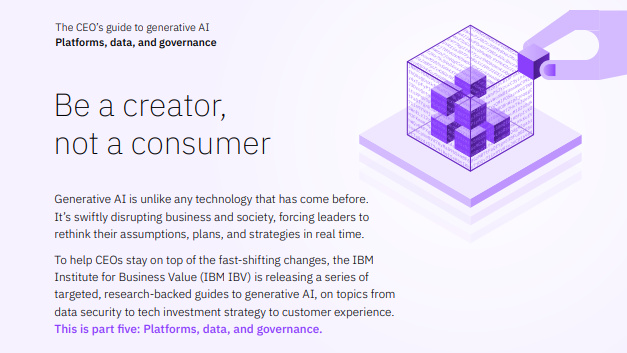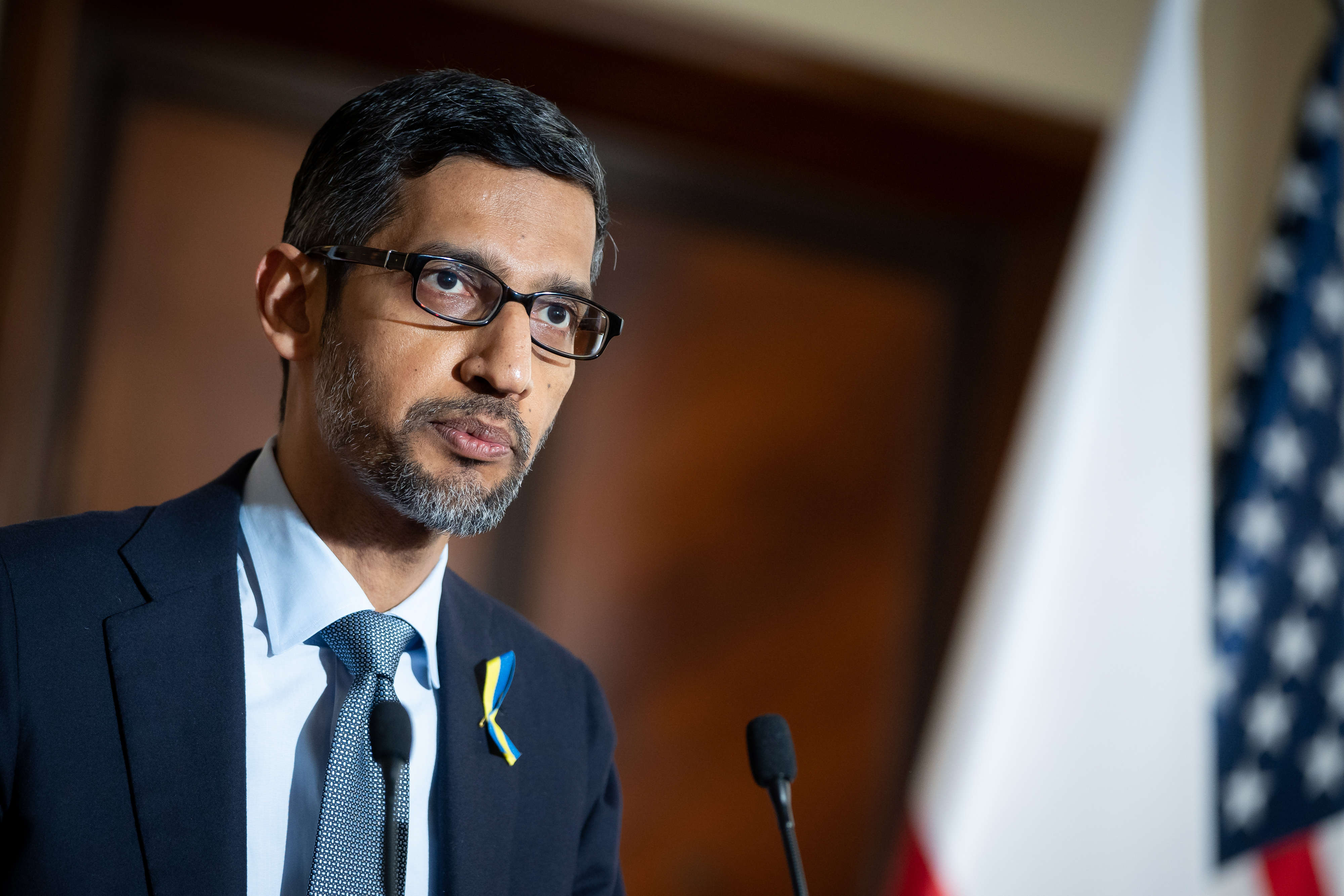RSA 2010: Technology ‘enabling massive privacy invasions’
With the proliferation of data and IT systems across the world, our privacy is being eroded, according to a BT security expert.


Technology has inherently led to huge invasions of privacy as data has now become a byproduct of the IT society, according to a security expert.
Speaking at the RSA Conference Europe taking place in London today, Bruce Schneier, noted author and chief security technology officer at BT, claimed privacy is being eroded simply because of the way technology works.
He warned that people are under the illusion they have control over their data, when the opposite is in fact the reality.
"There are some serious social changes happening in our society because of IT," he said.
"Increasingly we are leaving digital footprints in our everyday lives. Not because of any malice on anyone's part but because this is the way technology works."
For the most part, increasing invasions of privacy are not down malicious intent, but companies have still taken advantage of the situation, Schneier told delegates.
Firms are taking the data, using it to tailor their services to customers and in some cases selling it to other businesses, he added.
Get the ITPro daily newsletter
Sign up today and you will receive a free copy of our Future Focus 2025 report - the leading guidance on AI, cybersecurity and other IT challenges as per 700+ senior executives
As data storage has become cheaper, increasingly businesses have decided to keep personal information rather than discard it as they did before, he continued.
"Storage became so cheap that you might as well save everything everything is being saved," Schneier said.
"Everything we do on the internet, data is created," he added. "Many more of the conversations we have happen in a way that is more data intensive."
Less than a week after Facebook launched new tools designed to give users greater autonomy over their information, Schneier pointed in particular to privacy issues with social networks.
"You can now watch everybody," he said.
"The systems are now never forgetting. Your Facebook page is going to be there until after you die and beyond."
Schneier even went to the extent to hail the "death of the ephemeral conversation," thanks to social networks.
On such social sites there is a problem with group behaviour, the security expert claimed.
"If you are on a site where you believe other people are exposing, you will be more comfortable. This is why social networking sites are constantly telling you what other people are doing," he added.
Schneier also claimed sites do not advertise their privacy settings explicitly as it could actually have a detrimental effect in terms of that service's user base.
"Salience matters, privacy matters more when you are thinking about it. If you put up a privacy assurance, that alone will inhibit disclosure, because it reminds people it is an issue," he explained.
"This is why social networking sites hide privacy, because they would do better without it."
The problem is compounded by the fact that laws have not been able to keep up with technology.
"When laws were written they weren't thinking about how it will work in 10 years," he added.
"I predict that our grandchildren and great grandchildren will look back at us and question the data pollution problem that we caused."
Tom Brewster is currently an associate editor at Forbes and an award-winning journalist who covers cyber security, surveillance, and privacy. Starting his career at ITPro as a staff writer and working up to a senior staff writer role, Tom has been covering the tech industry for more than ten years and is considered one of the leading journalists in his specialism.
He is a proud alum of the University of Sheffield where he secured an undergraduate degree in English Literature before undertaking a certification from General Assembly in web development.
-
 Should AI PCs be part of your next hardware refresh?
Should AI PCs be part of your next hardware refresh?AI PCs are fast becoming a business staple and a surefire way to future-proof your business
By Bobby Hellard
-
 Westcon-Comstor and Vectra AI launch brace of new channel initiatives
Westcon-Comstor and Vectra AI launch brace of new channel initiativesNews Westcon-Comstor and Vectra AI have announced the launch of two new channel growth initiatives focused on the managed security service provider (MSSP) space and AWS Marketplace.
By Daniel Todd
-
 Modern enterprise cybersecurity
Modern enterprise cybersecuritywhitepaper Cultivating resilience with reduced detection and response times
By ITPro
-
 Where will AI take security, and are we ready?
Where will AI take security, and are we ready?whitepaper Steer through the risks and capitalize on the benefits of AI in cyber security
By ITPro
-
 The CEO's guide to generative AI: Be a creator, not a consumer
The CEO's guide to generative AI: Be a creator, not a consumerWhitepaper Innovate your business model with modern IT architecture, and the principles of trustworthy AI
By ITPro
-
 The autonomous customer 2023
The autonomous customer 2023whitepaper Protecting the human experience in a digital world
By ITPro
-
 Building a strong business case for GRC automation
Building a strong business case for GRC automationwhitepaper Successfully implement an innovative governance, risk & compliance management platform
By ITPro
-
 Sundar Pichai: AI keeps me up at night
Sundar Pichai: AI keeps me up at nightNews The Google chief warned that recent AI developments will have a profound impact on society
By Ross Kelly
-
 ChatGPT privacy flaw exposes users’ chatbot interactions
ChatGPT privacy flaw exposes users’ chatbot interactionsNews OpenAI has not expanded on the flaw in detail, nor indicated its reach
By Rory Bathgate
-
 2022 Magic Quadrant for data integration tools
2022 Magic Quadrant for data integration toolsWhitepaper Using research to evaluate suitable vendors for their existing and upcoming data integration use cases
By ITPro